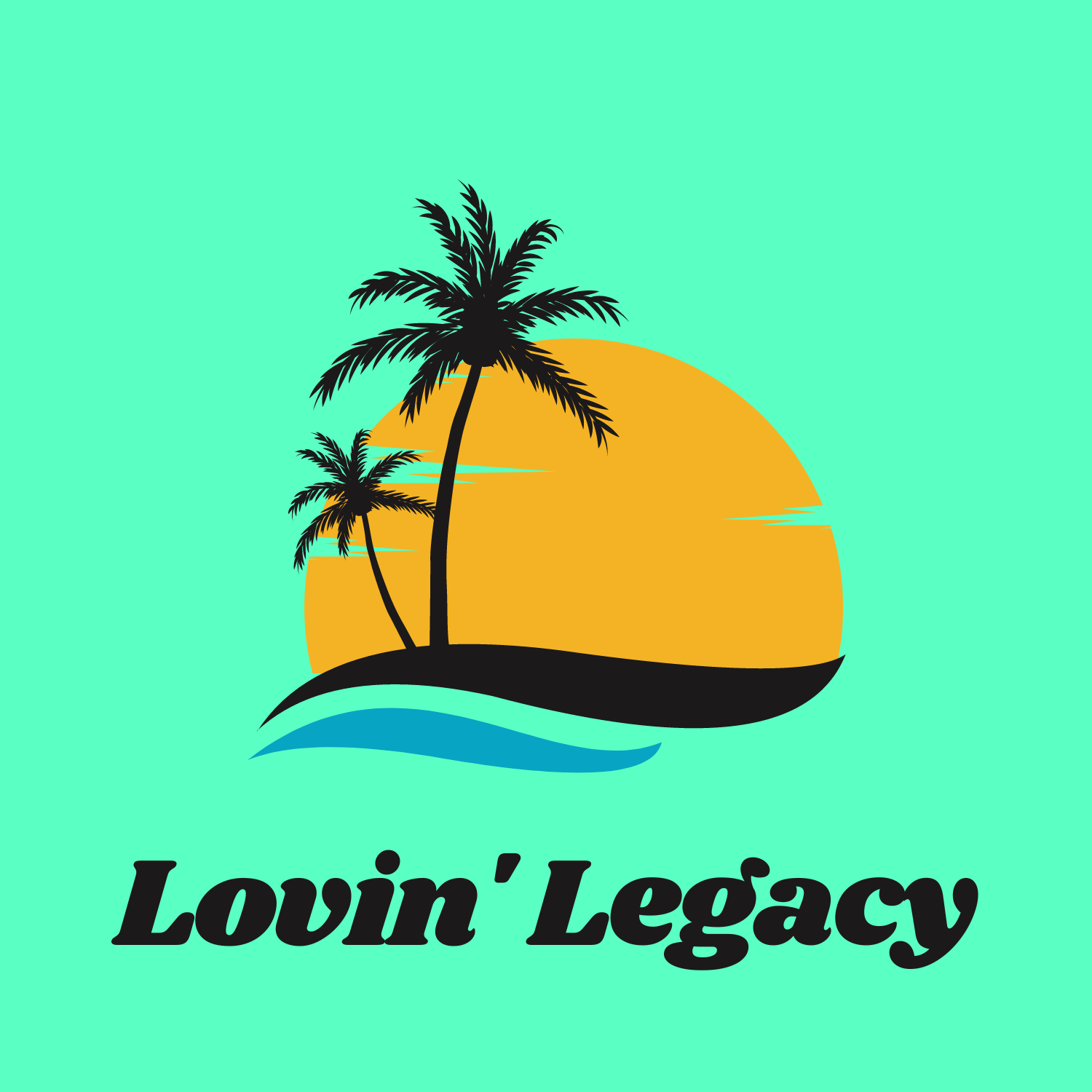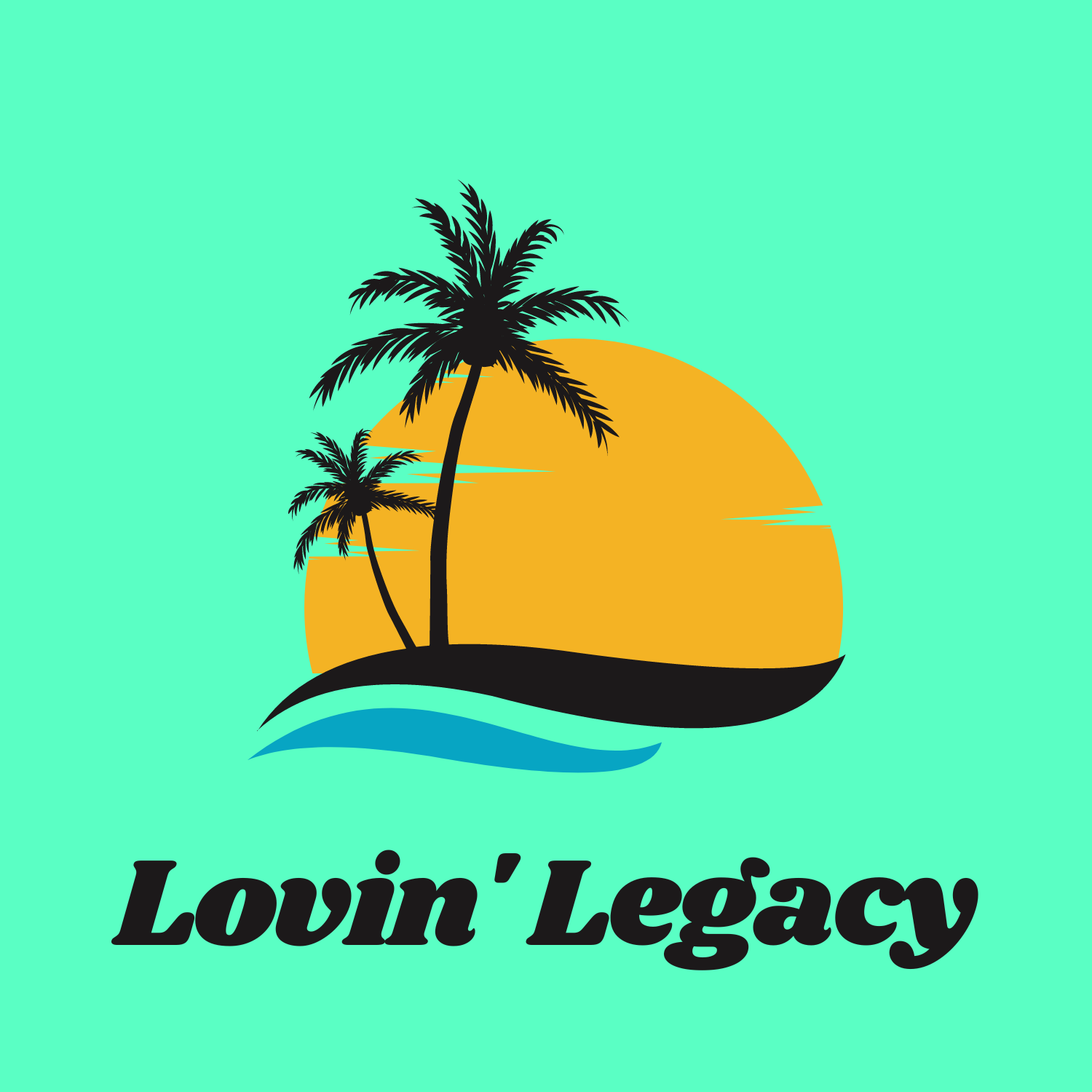Episode 24
QUEST: Do We Still Need Agile in 2023?
It's 2023 and just like any year, your timeline is awash with good intentions and lists of things that you can do this year. You might even be writing a list - but what is the good of a list if you never look at it and it's too big to comprehend in the first place?
I use this episode to relaunch this channel as "Lovin' Legacy" - because I love legacy code and I'm not afraid to say it - and also to poke at the lists that the Agile Manifesto, John Romero and Gene Kim (and others) have made for us.
Can we make sense out of the true core of software development - can we focus on just a few things?
I hope we can.
I unpack or at least uncover my own acronym called QUEST, which is all about making the software and team sing from the same hymn sheet. Let's start 2023 together with a bang. Hope you like this episode and the rebrand - let me know in the comments!
NOTES
The Agile Manifesto
John Romero's 10 Programming Principles:
https://www.youtube.com/watch?v=IzqdZAYcwfY
Gene Kim's Five Ideals:
https://richardwbown.com/software-engineering-happiness-the-five-ideals/
Transcript
Hello, and welcome to 2023.
Richard Bown:I'm your host, Richard Bown, and this is the Software Delivery podcast.
Richard Bown:Although it's not the Software Delivery Club podcast anymore, after recording
Richard Bown:a few episodes at the end of last year where I was talking increasingly
Richard Bown:about Legacy, I decided it's time for a reboot for the new year.
Richard Bown:So I'm gonna call it from now on Loving Legacy because I do love
Richard Bown:legacy and I love to talk about it.
Richard Bown:So I hope you stick with me.
Richard Bown:I hope you enjoy today's episode, which is all about agile.
Richard Bown:Well, actually, it's not about Agile.
Richard Bown:. The point is we don't wanna talk about Agile, we wanna talk about writing code,
Richard Bown:we wanna talk about delivering code.
Richard Bown:So the question I'm asking is, do we need to worry about Agile in 2023?
Richard Bown:Do we need to worry about Agile or any of the other things that
Richard Bown:give us lists of stuff to do?
Richard Bown:And what can we do about these things?
Richard Bown:So for example, let's look at diving straight in.
Richard Bown:Let's look at the Agile Manifesto.
Richard Bown:The Agile Manifesto if you've not seen it, you should go and check it out.
Richard Bown:I'll link it in the notes, check it out, and you'll see that there are four tenets
Richard Bown:basically that you live by in the Agile manifesto about preferring individuals
Richard Bown:and interactions over processes and tools, working software over comprehensive
Richard Bown:documentation, customer collaboration over contract negotiation, responding
Richard Bown:to change over following a plan.
Richard Bown:So that is the basis of the Agile manifesto.
Richard Bown:And I think as any software engineer would agree, or software developer,
Richard Bown:programmer, whatever you wanna call 'em, would agree, these are good things.
Richard Bown:You know, you want to be able to build stuff that the customer uses.
Richard Bown:Punt full stop.
Richard Bown:What the Agile manifesto then goes on to say is there are 12
Richard Bown:principles around which we can base our development practice.
Richard Bown:And this is where I start to get a little bit confused.
Richard Bown:I think everyone does, cuz once you've got four things, you can
Richard Bown:remember them in your head easily.
Richard Bown:Although I've had to read them.
Richard Bown:Um, when you've got 12 things, it's much more complicated.
Richard Bown:So I was watching a YouTube the other day with John Romero, um, the guy
Richard Bown:Behind ID software along with John Carmack and, a couple of other guys
Richard Bown:created Wolfenstein, 3d, Wolfenstein, quake and Doom in the nineties.
Richard Bown:The original first person shooter games the ones that changed the
Richard Bown:universe for gaming essentially.
Richard Bown:So when John Romero speaks, you tend to listen because he's been there, done that
Richard Bown:in a small team, small high performing team, and the YouTube discussion where
Richard Bown:I saw him speak this week was really interesting, and he also created a list
Richard Bown:of 10 things, which great development teams have, and I'm thinking 10.
Richard Bown:Okay, that's a good number, but again, it's too many for my small brain.
Richard Bown:How can I fit all these things into my brain?
Richard Bown:Then I'm thinking about other stuff that I've read, such as Gene Kim's
Richard Bown:Unicorn Project where he has the five ideals and he also in the Phoenix
Richard Bown:project has the three ways and the four methods of communication.
Richard Bown:These are all good, but we've got like, now how many?
Richard Bown:10 plus 12 plus three plus four plus five.
Richard Bown:I dunno.
Richard Bown:We've got about 30 things to remember and where are the similarities?
Richard Bown:Are these all different?
Richard Bown:Anyway, as part of that, I wanted to make a list, a small list.
Richard Bown:Less than 10 things.
Richard Bown:Less than six things, ideally, where I could remember what it
Richard Bown:means to be a good software.
Richard Bown:to build stuff well, and I did some analysis.
Richard Bown:I looked at the agile Manifesto.
Richard Bown:I looked at John Romero's things.
Richard Bown:I looked at the five ideals, and I'd also looked at a few other things as
Richard Bown:well to see, well, how can these kind of dissemble into a smaller pile?
Richard Bown:And I came up with some interesting results.
Richard Bown:Well, I came up with five results, which I can remember.
Richard Bown:And the best thing about this is that I made it into an acronym.
Richard Bown:And the acronym is called Quest.
Richard Bown:And Quest stands for, I'm Reading Quality, unrestricted
Richard Bown:end user simplicity and teamwork.
Richard Bown:I'm not gonna explain how I got from the Agile Manifesto and from John Romero's
Richard Bown:list of 10 and from Gene Kim's stuff and from other things down to this list in
Richard Bown:this podcast, cuz that would just be a tedious list of me reading stuff out.
Richard Bown:But for now, it's enough for you to know two things in 2023 that my quest will
Richard Bown:be to make legacy software much more interesting for all of you out there.
Richard Bown:Remember Quest.
Richard Bown:I will come back to it in future episodes, I'm sure, and in the
Richard Bown:meantime what I will do is I'll write up what I've discovered and I will
Richard Bown:put a link in the show notes too.
Richard Bown:So please check it out and please gimme some feedback
Richard Bown:As to the premise of this episode, I do believe that Agile or Prince.
Richard Bown:or parts of agile like Scrum, CanBan, et cetera, or project management or
Richard Bown:ways of imposing a framework upon delivery of software is a bad thing.
Richard Bown:And another thing, if you listen to John Romero's talk, he's basically saying,
Richard Bown:there were four or five of us, we sat in a room together, we discussed stuff.
Richard Bown:They didn't even have source control, so they just passed around a floppy disk.
Richard Bown:They didn't even have a network share to begin with.
Richard Bown:They passed around a floppy disk and copied the software
Richard Bown:from machine to machine.
Richard Bown:They.
Richard Bown:like that, and they worked in a manner where they had to communicate more often.
Richard Bown:If we give our communication to each other via a tool via a Jira or Azure,
Richard Bown:Azure DevOps, or via GitHub issues, then we lose something immediately.
Richard Bown:I know that we can't all sit in a room together anymore, or we can't even
Richard Bown:work together all the time anymore, however, Shouldn't we just try it?
Richard Bown:Could we do a mob programming thing where we all work together
Richard Bown:all the time on the same stuff?
Richard Bown:Could we just not follow some of these archetypes, some of these
Richard Bown:things that have been said before?
Richard Bown:One way that we can avoid this trap of being stuck in an agile death march in
Richard Bown:some ways, and by going through all of the ceremonies is by just by changing our
Richard Bown:brains as developers and thinking, okay, maybe we don't need to get annoyed by it.
Richard Bown:We don't need to get pulled into the trap of seeing Agile as a
Richard Bown:distraction to our day-to-day.
Richard Bown:We do the meetings, we do the way that we work, and we just work
Richard Bown:together in the way that we want to.
Richard Bown:So, what I'm suggesting here is a trade off.
Richard Bown:A trade-off between doing the agile doing the project management
Richard Bown:or doing whatever you need to do.
Richard Bown:To make sure that you can do the good development work.
Richard Bown:So.
Richard Bown:When you're thinking about this going into 2023.
Richard Bown:Don't see it as your foe.
Richard Bown:Don't see it as your enemy in order to be vanquished, don't see that you need
Richard Bown:to spend your, your time and your energy.
Richard Bown:Arguing how things should be organized in your teams . Go with
Richard Bown:the flow focus on the software.
Richard Bown:Work like John Romero and John Carmack and the rest of them . take that spirit
Richard Bown:of adventure, that passion, the spirit of building stuff that is cool into
Richard Bown:everything that you do this year.
Richard Bown:And don't worry about the agile.
Richard Bown:Don't worry about the lists.
Richard Bown:I've got your covered for that.
Richard Bown:I'm so excited for 2023.
Richard Bown:I'm so excited for this episode.
Richard Bown:I hope you can feel that.
Richard Bown:Um, I'm really excited to be able to share this list of quest
Richard Bown:stuff with you in the notes below.
Richard Bown:Please.
Richard Bown:Let me know what you think.
Richard Bown:Please let me know if I'm completely off target.
Richard Bown:But would love to hear from you.
Richard Bown:This is Richard Bown on loving legacy.
Richard Bown:Wishing you a very happy 2023.
Richard Bown:And look forward to speaking to you next time.


